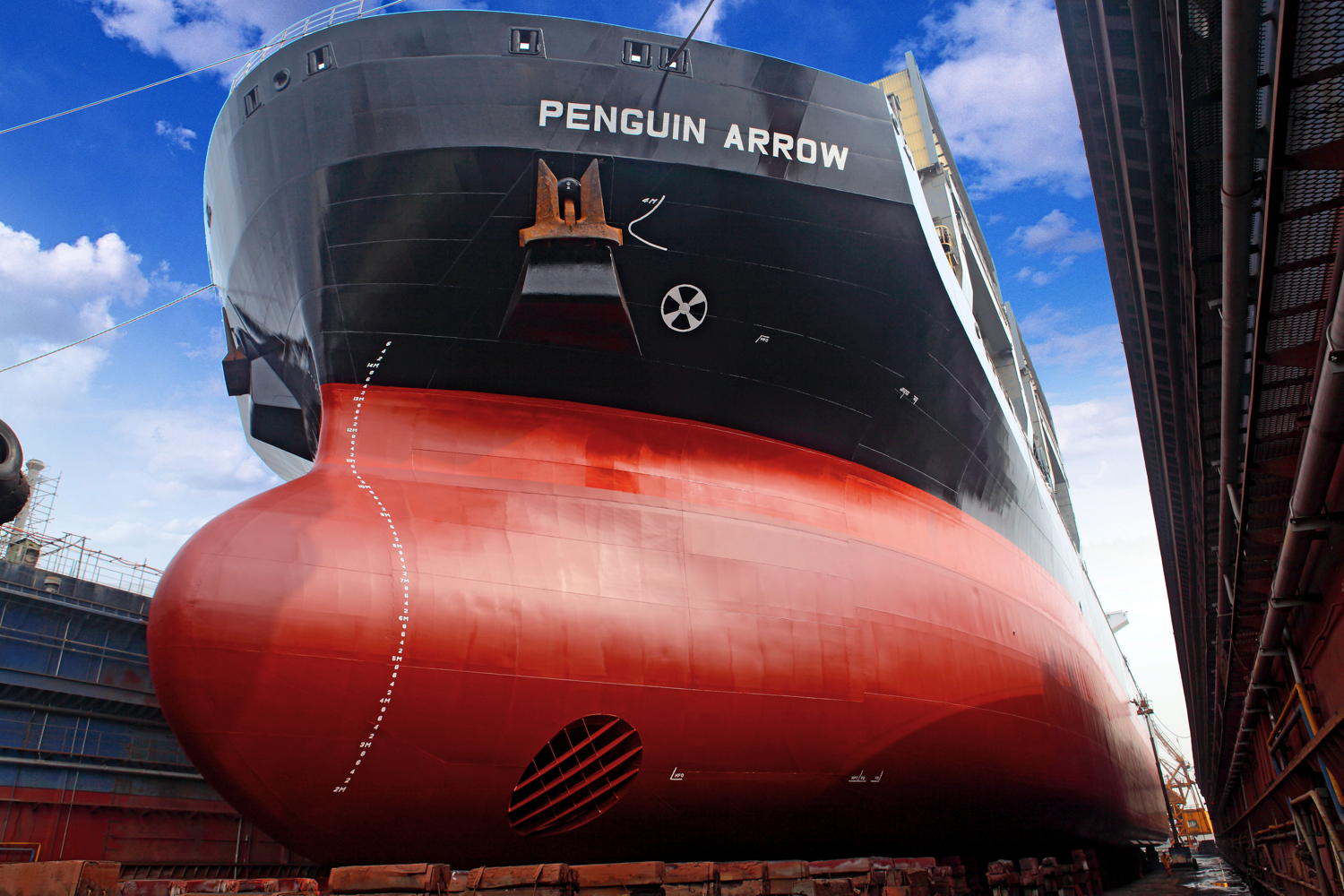For the fifth time, the Hull Performance & Insight Conference (HullPIC) takes place in March. Organizer awaits top-class lectures and discussions
We shall not cease from exploration, and the end of all our exploring will be to arrive where we started[ds_preview] and know the place for the first time – This could be the motto for HullPIC 2020 – the 5th Hull Performance & Insight Conference. Initially thought of as a possibly once-off event in the wake of the ISO 19030 working group, the conference gathers more and more momentum every year. And while performance can only be judged in hindsight, insight can already be gathered based on the papers and registered participants:
»Build it and they will come.«
Indeed, they keep coming (together) – people, companies and technologies. The number of ship operators attending will reach a new record this year. We also see increasingly »joint ventures« in presentations, performance monitoring service providers with ship owners, Artificial Intelligence start-ups with paint manufacturers, etc. Last but not least, we see new combinations of technologies coming together in hull management applications: advanced simulations to get baselines from CFD (»numerical towing tanks«), Big Data mined by Artificial Intelligence, smart sensors and robotics. The recipe for success seems to lie in smart alliances. Combine and conquer.
In a state of limbo
ISO 19030 (Measurement of changes in hull and propeller performance) was published in 2016. Standard procedure at ISO is to review a standard after 3 years. In theory. But the maritime community has largely underestimated the hurdles that need to be taken, before a standard is changed. It is not just a matter of writing a letter »I think my (preferred) method should be adopted« – whether that letter is written by an individual or a company or an association. While even the secretary of the original ISO working group agrees that the standard should be updated, the community of performance monitoring vendors and users disagree on pretty much everything else.
Should we have highly accurate ideal baselines (= power requirements for smooth hull for a given combination of speed, draft and trim) at the expense of e.g. systematic CFD simulations? Or should we believe that all errors will even out if we only have high enough frequency in our data capturing? Can we correct for the added power requirements at sea state 4 and higher? Is torque measurement an absolute minimum requirement?
The most likely candidate to find a consensus among the community is filtering. Here the present filtering recommendation often lead to hardly any data sets left. And without data sets, trends are hard to determine… But even if we find consensus or at least a large majority, a new working group would need to put in hundreds of hours, with an ISO mandate, and enough support from national standard organizations (such as DIN). In short, the same inertia that keeps providers from aligning closer with the default method of the widely lamented ISO 19030 will keep the standard in its current form for years to come.
Bio-fouling attracts attention
Hull management and ISO 19030 focus on efficient ship operation. With rising fuel prices, especially for the post-2020 Global Sulphur Cap era, the motivation for most participants at HullPIC is easy to understand. But another aspect to hull management is gaining momentum and attention – the prevention of spreading alien invasive species (AIS).
IMO has had a biofouling guideline for almost 10 years. But guidelines are easy to ignore. Until they become mandatory. Local initiatives (New Zealand, Australia, California) already force ship operators to clean their ships to prevent importing AIS. There are more and more voices asking for an alignment of national or regional initiatives under an IMO umbrella. HullPIC 2020 will give insights into the current discussions, but the topic is gaining such momentum that a sister conference dubbed PortPIC (In-Port Inspection & Cleaning Conference) will be held in September 2020 in Hamburg.
The »once-offq HullPIC has come a long way in 5 years. The end of our exploring is not yet in sight for hull management and living ISO 19030 in practice. With HullPIC 2020, we merely move one step further forward in our exploration.





















